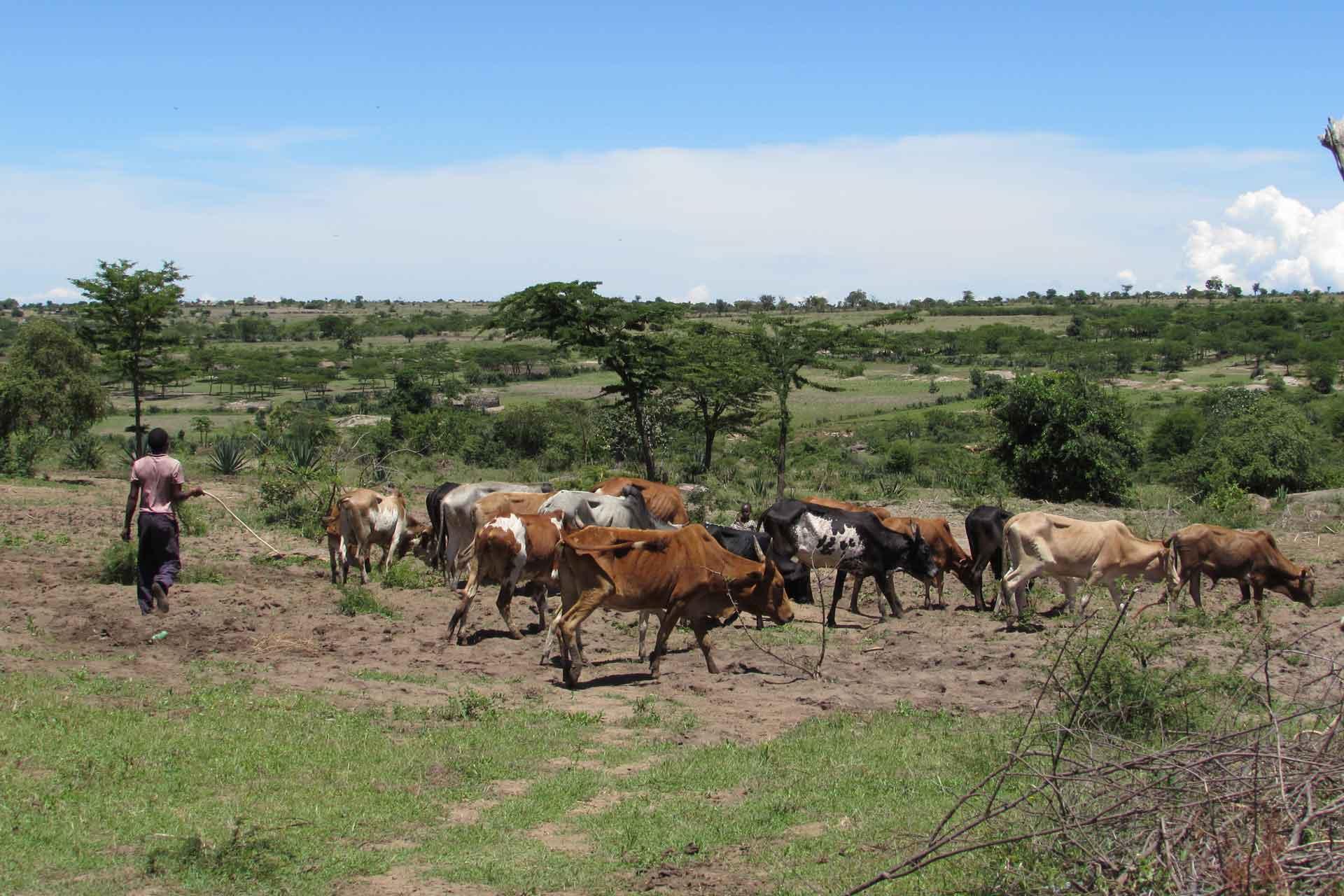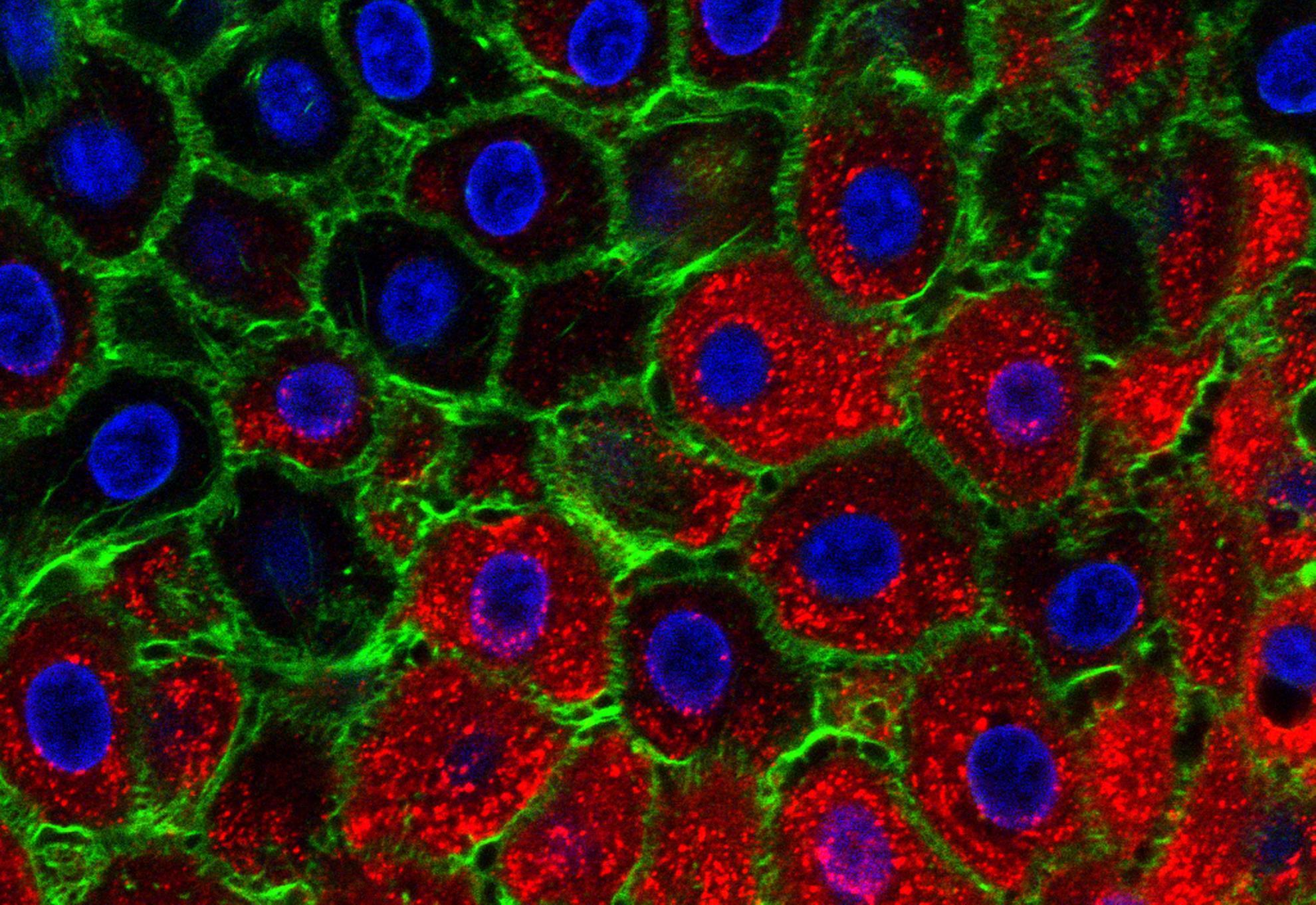Evaluation of a polyvalent foot-and-mouth disease virus vaccine containing A Saudi-95 against field challenge on large-scale dairy farms in Saudi Arabia with the emerging A/ASIA/G-VII viral lineage
In 2015, foot-and-mouth disease (FMD) viruses of the A/ASIA/G-VII lineage emerged from the Indian sub-continent to cause outbreaks in the Middle and Near East. A factor which has been proposed to have contributed to the rapid spread of this lineage is the poor in vitro vaccine-match of field isolates to vaccine strains that are commonly used in the region. This study used data from outbreaks on four large-scale dairy farms using routine vaccination in Saudi Arabia, to evaluate the impact of vaccination and learn how to manage outbreaks more effectively in this setting. This evaluation also included an assessment of vaccine-induced neutralisation titres to the vaccine and field strains on a related farm with no history of FMD that employed an identical vaccination schedule. The incidence risk among exposed groups ranged from 2.6 to 20.1% and was significantly higher among youngstock (18.7%) compared to adults (7.4%). Evidence was found that local isolation of individual sick animals was more effective than whole group isolation and that subclinical infection and undetected circulation may occur on large-scale farms in Saudi Arabia, although both of these points require further evaluation. On the unaffected farm, the mean reciprocal titres for the vaccine and field strains were all above the cut-off supposed to correlate with clinical protection based on evidence from challenge studies. An estimate of vaccination effectiveness was not possible on the affected farms, but the incidence of FMD provides a more realistic estimation of the expected vaccine performance than in vivo studies or r1 value as it is based on field conditions and natural exposure. This study shows that analysis of field data from FMD outbreaks are a useful addition to more conventional challenge and in vitro based evaluations of vaccines and suggests further work is necessary to validate correlates of protection in field conditions.

